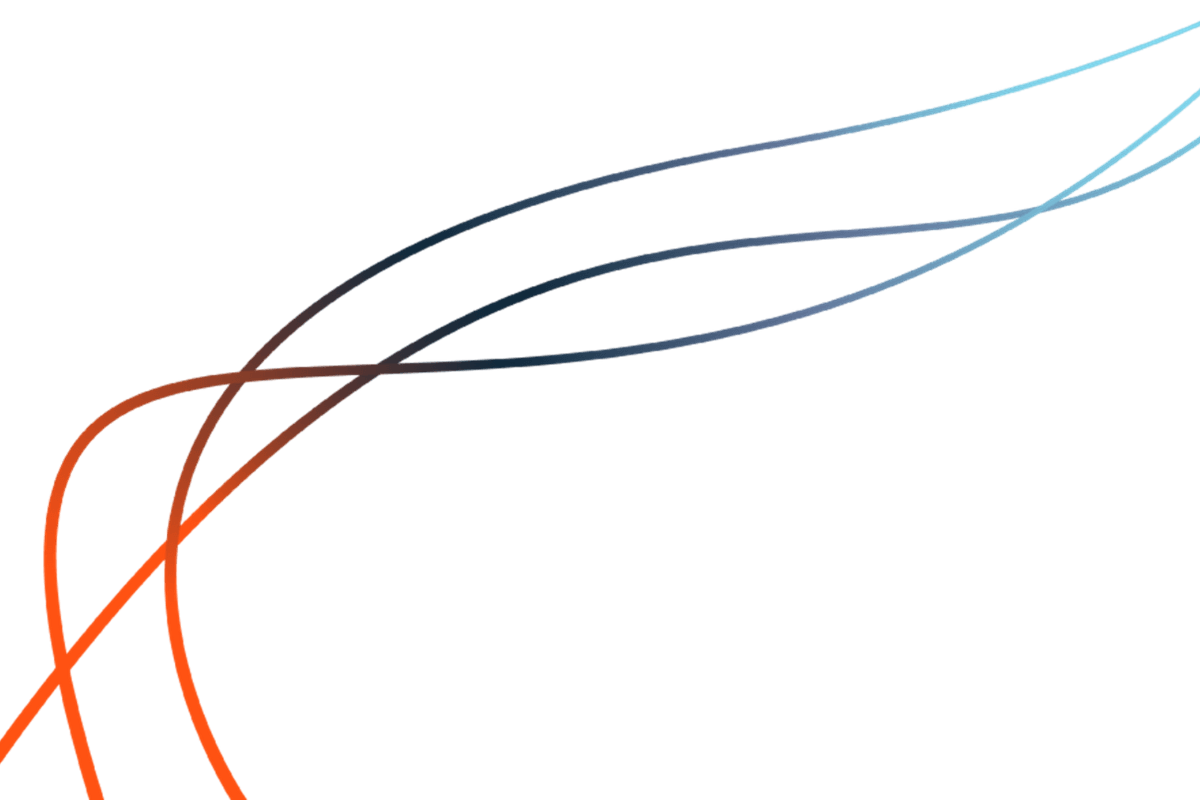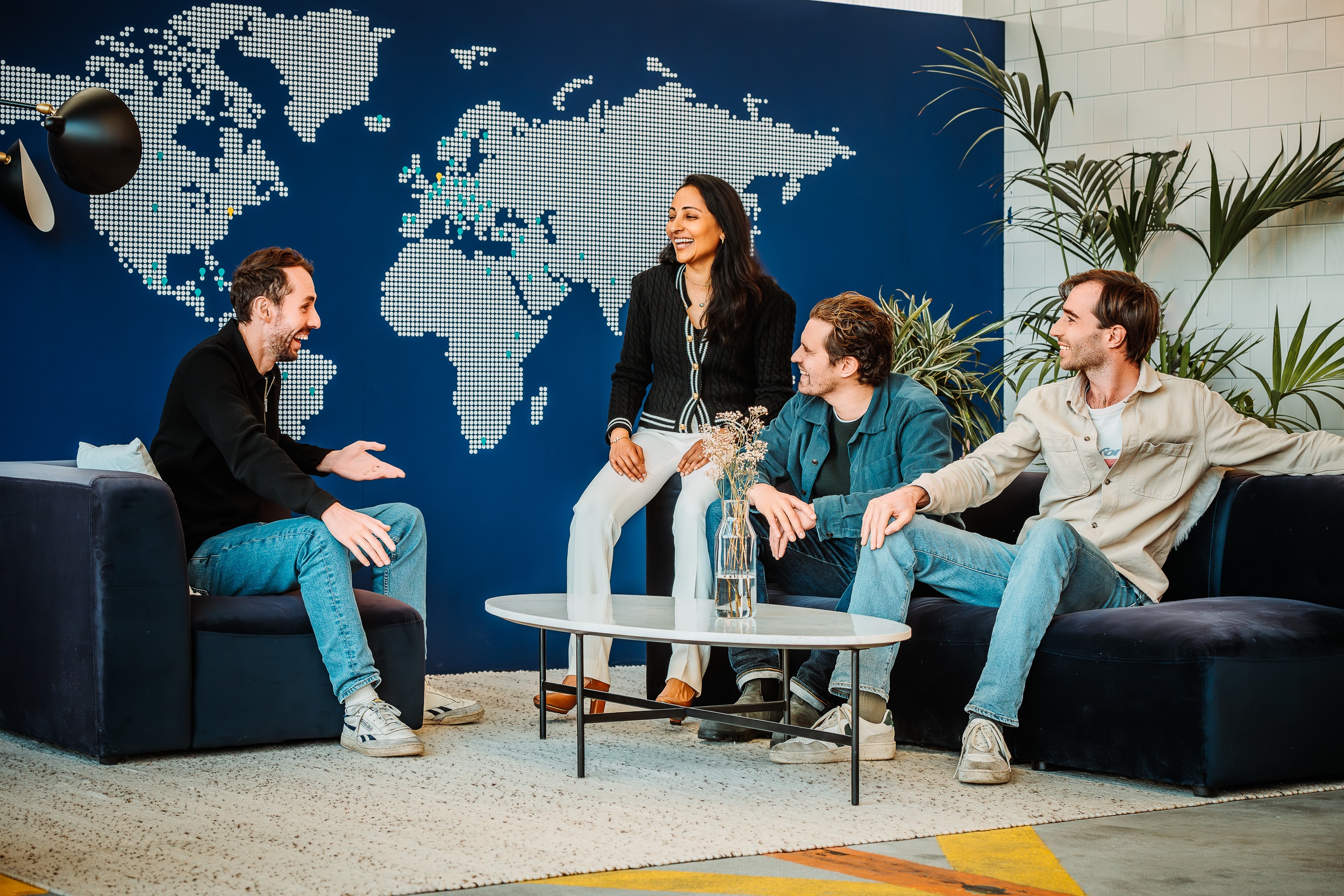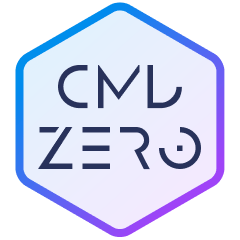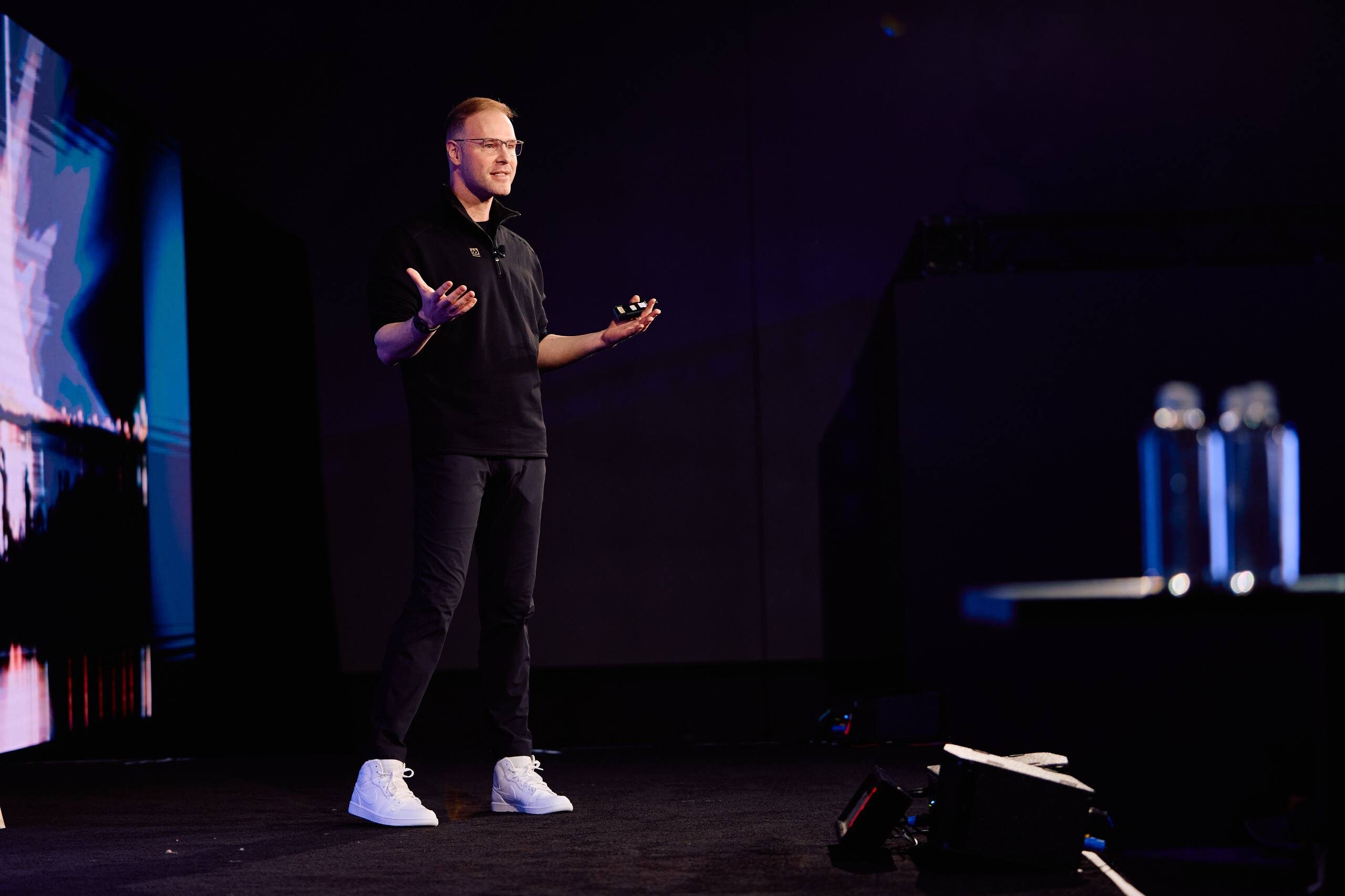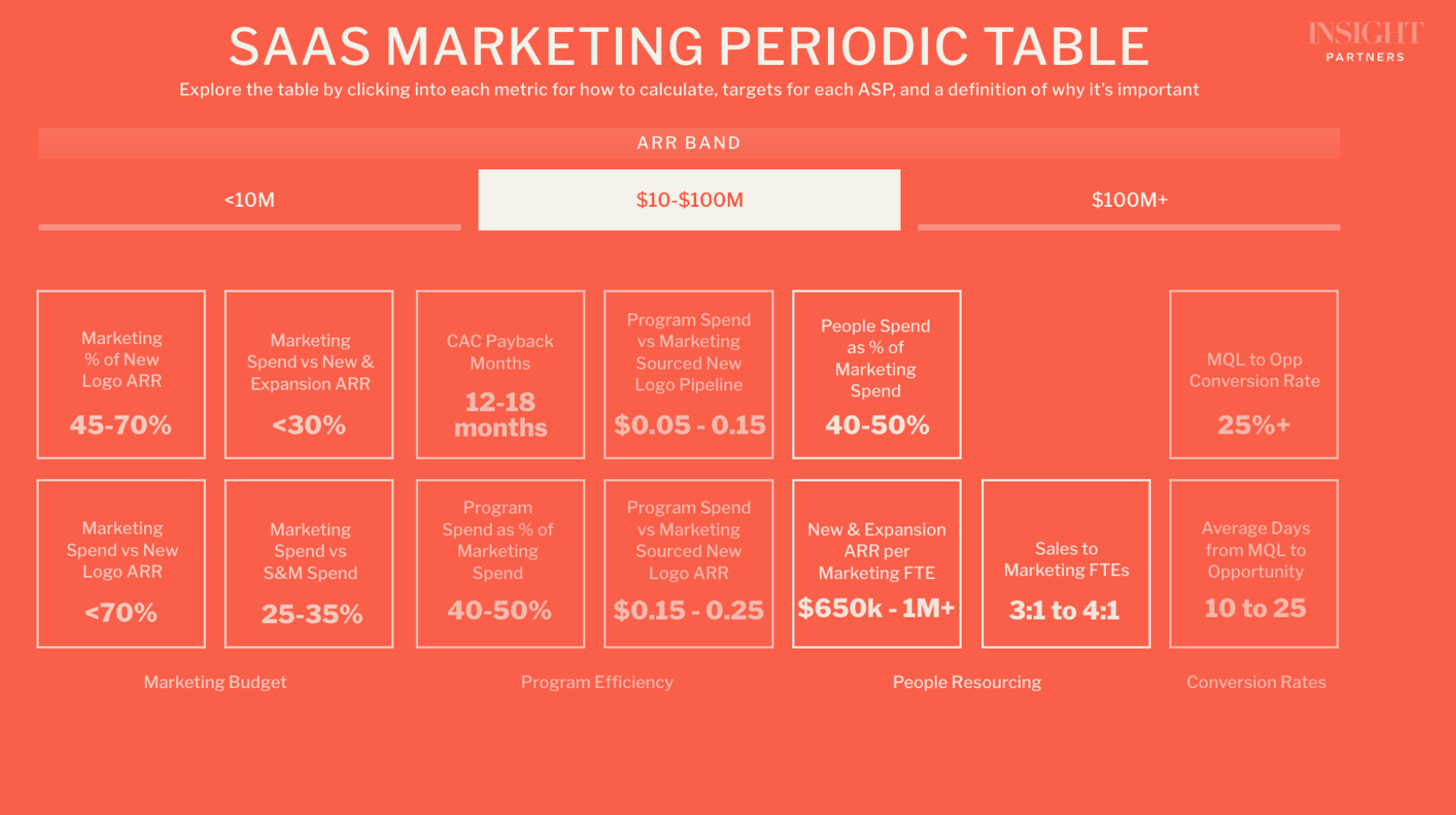How Christopher Ahlberg is making the world safer and more secure with Recorded Future
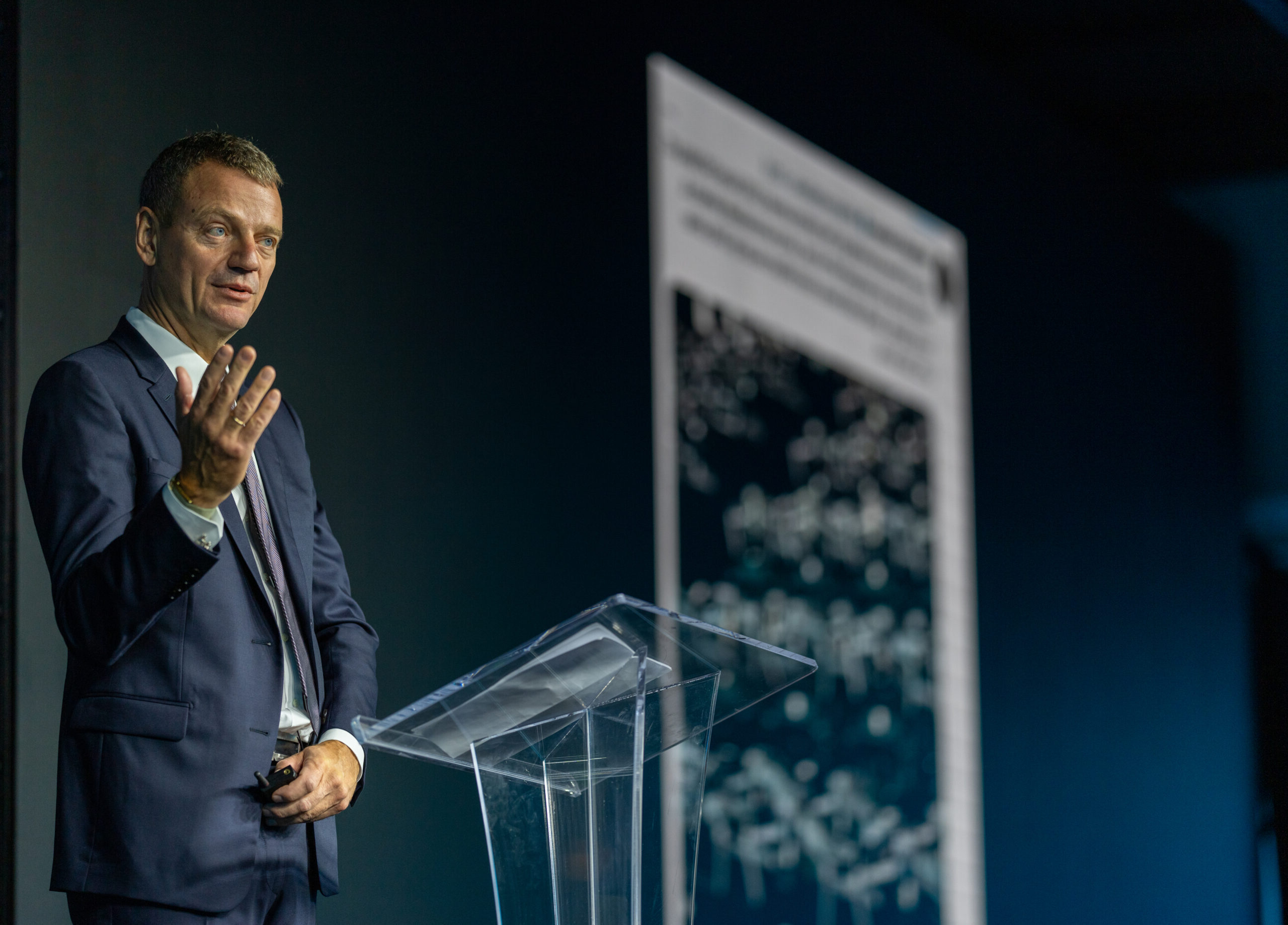
“We are the world’s biggest intelligence company, helping secure military and human rights organizations alike,” says Christopher Ahlberg, cofounder and CEO of Recorded Future.
Founded in 2009, Recorded Future is now used by 30 governments across the world and more than half of Fortune 100 companies.
Before Recorded Future’s inception, Ahlberg’s path into the industry came via data. “I am a computer scientist and studied how to visualize and analyze datasets for my Ph.D.,” he explains. He founded Spotfire, his first company, toward the end of his Ph.D. in 1996
In 2007, he sold the business intelligence company to data giant TIBCO for $195M. This was the same year that Ahlberg filed the patent that would become the foundation for Recorded Future’s technology. “I realized there was a great opportunity to use the internet as a data source for intelligence and analysis,” he says. “Then I put the patent in a drawer and forgot about it for a while.” After a successful exit, a founder would be forgiven for taking some time off. But the idea kept nagging at him.
“Nothing is ever entirely new, but this was a different way of organizing the internet for analysis,” he explains. “Google organizes the internet for search, we scan everything from the topsoil of the internet — the likes of BBC News or China’s state-owned websites — all the way down to the dark web and turn that data into insight.” Two years later, Recorded Future came to fruition.
Testing the thesis and winning customers
Ahlberg enlisted Staffan Truvé and Erik Wistrand, his former CTO and former cofounder at Spotfire, respectively. In July 2009, they raised a $2.2M Series A from Google Ventures and In-Q-Tel to begin the process of deciding the focus for the business.
It soon became clear that cybersecurity was a natural application for this technology, he says. “This is where you find lots of data, lots of uncertainty, and lots of big decisions to be made.”
Having worked with intelligence agencies worldwide with Spotfire, the founders leveraged these relationships to test the underlying thesis.
“I wish I could say that customers just showed up and gave us money, but it was a bit more complicated than that,” Ahlberg says. “We won a government as our first customer, and that was a big moment.”
To mitigate commercial risk, they started wooing corporate customers too: Bank of America, Walmart, and Apple were among the first corporations to take the plunge with Recorded Future.
“And they are still customers of ours today.”
“We work to secure the world with intelligence”
As the volume of cyberattacks has accelerated, Recorded Future’s customer base has swelled. If cybercrime were measured as a country, it would boast the third-largest economy after the U.S. and China. Cybersecurity Ventures expects the cost of global cybercrime to jump by 15% per year, reaching $10.5T by 2025.
Recorded Future is riding the crest of this wave, achieving annual recurring revenues of more than $250M ARR in 2022.
“The world runs off the internet,” says Ahlberg. “Look at the war in Ukraine; the internet has become a centerpiece. There are battles happening on the ground, but cyberattacks and disinformation campaigns are also having a big impact.”
Ahlberg maintains a strict code of ethics when growing Recorded Future’s customer base. “Our mission matters a lot to the 1,000 people who work here. They stick around because we give them interesting problems to solve, they get to work with other great people, and because we work to secure the world with intelligence.”
Ahlberg believes that the world has now entered a 10-year cycle of conflict, following a decade of peace. “It will be a tricky world to operate in.”
Luckily, Ahlberg has already proven a steady hand at the tiller. A focus on cash flow has helped the company weather economic storms and allowed it to grow with very little outside capital.
“We haven’t needed to raise a lot of money,” he explains. “In total, we’ve taken $55M, because we gave a lot of money back to our former investors.”
“Ideas are worth nothing, but execution is worth something”
After 15 years at the forefront of the world’s most dynamic industry, Recorded Future is a cyber veteran. During this time, Ahlberg has experienced economic highs, downturns, and a global pandemic.
“There is always something,” he says. “Either external pressures, or perhaps internally you reach a plateau and need to change your systems, approach, or team. It’s like Whac-A-Mole,” he adds, laughing. “If you ever start feeling complacent, the next challenge is just around the corner.”
“I stay humble and always assume I know nothing.”
Ahlberg’s superpower is his focus on his mission. “My friend Martin [Lorentzon, cofounder of Spotify], once told me, ‘Instead of having a bazillion ideas and running around chasing them all, pick one and watch it like the bird mother watches her set of eggs.’ Ideas are worth nothing, but execution is worth something.”
The opportunity for real-world impact
It takes a certain kind of personality to build a global, fast-growth venture. “In a month of 30 days, you have 29 days of misery and one good day that makes up for the other 29.” Ahlberg wouldn’t have it any other way.
“Where else would I get to work with incredibly smart colleagues, top-tier intelligence agencies, top-tier countries, and help them with their cybersecurity, which is a tier one problem? And every now and then, we make real-world impact, which makes up for a lot of bad days.” Recently, the company identified TAG-63 and Iranian threat cyberactivity, a cyber group that acted under Hamas’ command after October 7th, according to Recorded Future.
Scale up your career: See all open roles at Recorded Future.
The investor POV
“For three years, [Christopher] gave us his vision for the market and how Recorded Future would fare, and he always lived up to his promises.”
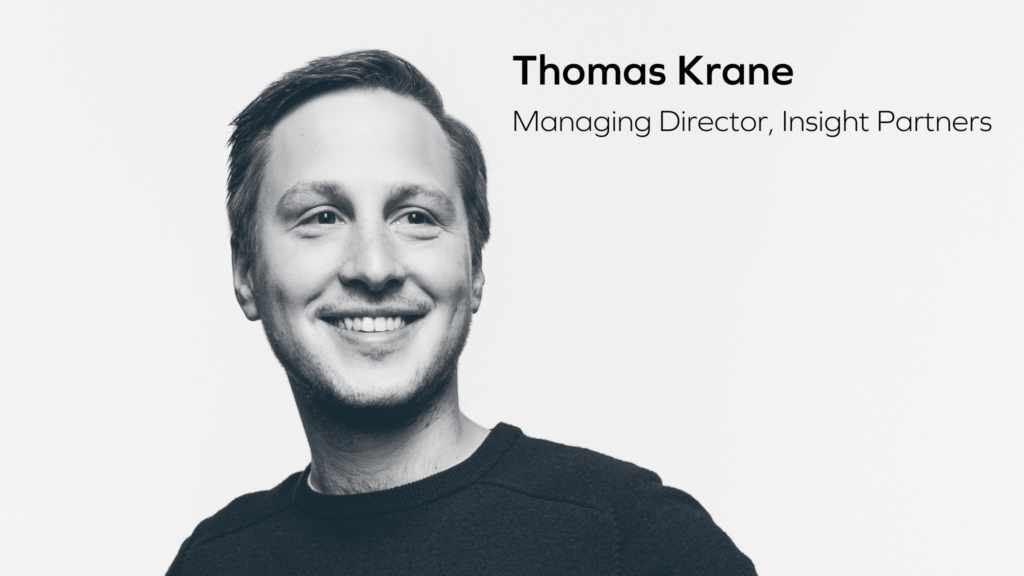
Insight Partners’ Managing Director Thomas Krane first met Ahlberg in 2014. “We spent the next three years chatting and building rapport,” he says. “During that time, we were also watching the competitive landscape. Talking to Christopher and his competitors gave us a lot of conviction: Recorded Future’s tech was different.”
From product to AI to go-to-market strategy, Recorded Future had the edge.
“They came from a data background, not from cyber,” says Krane. “So, they built a product that was able to automate a lot. The result was a much better product and a higher margin compared to competitors that relied on big teams of analysts.”
When Ahlberg decided to raise a Series E round in 2017, Krane was his first call. “Trust compounds over time,” explains Ahlberg. “Tom had gently stayed in touch over the years. We knew we wanted to expand and accelerate hiring, and even though there is infinite money floating around from venture firms large and small, it was always the idea to go with Insight.”
Recorded Future secured $25M in that deal and then returned to Insight two years later when Ahlberg decided to rationalize the cap table. “With a single shareholder, where there is alignment, you can execute more effectively,” he explains. In 2019, Insight bought the business for $780M.
A “no drama” partnership
Ahlberg’s number one requirement from an investor? “No drama,” he says. “My relationship with Insight has been a steady one. I’m too old for drama.”
The “no drama” rule goes both ways, says Krane. “For three years, he gave us his vision for the market and how Recorded Future would fare, and he always lived up to his promises.”
Since the 2019 deal, the business has grown revenues fivefold. “It’s been a pleasure to have a front-row seat to their success,” says Krane.
Ahlberg says: “I’ve known Insight for 11 years and had them invested for eight. Over that time, we have been aligned in our values, and that has been demonstrated through actions — not just words.”
The path toward global safety and security
A much larger business requires a lot of processes and systems. Ahlberg says that Insight helped enormously with this evolution. “We needed help to build and scale all that machinery. Insight helped with a thousand small things that contributed a lot overall.”
Krane forged connections between Recorded Future and the other cybersecurity firms in Insight’s portfolio. “We also connected Christopher with [senior advisor at Insight] Nick Sinai to help him build a bigger business in the federal government space.”
With Insight’s backing, Recorded Future is now in M&A mode and has completed three acquisitions in the last three years: Gemini Advisory, Hatchling, and SecurityTrails. All three founders of these businesses are still working inside — or partnered with — Recorded Future.
“That’s not common,” says Krane. “But they know we can help them unlock the upside and potential of their business as a part of our platform, which is what you want in these growth-orientated M&A deals.”
What’s next for Recorded Future? “More revenue. More people. More AI,” says Ahlberg.
“We don’t often talk about financial goals or exit strategies here. Yes, we’d like to get to $600M in three years, but it’s more important that we keep building products that keep customers safe and secure our world, and that our people are happy on this journey together. If we do those things, we will do well.”


